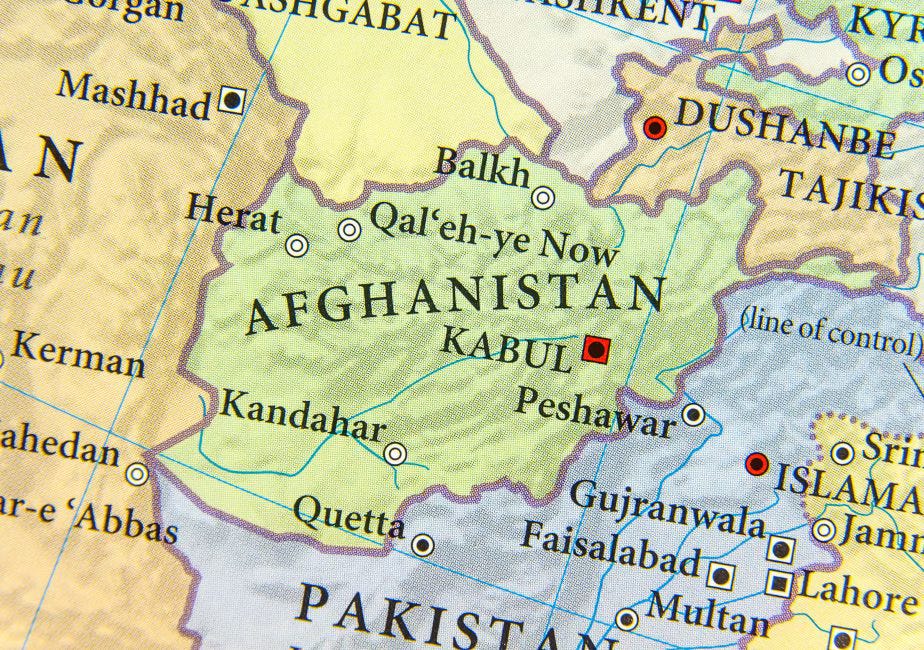Afghanistan: What We Should Have Done
There was a messy but practical solution. So of course we went for messy and impractical.
by Rod D. Martin
September 6, 2021
There actually was a better answer. I told you about it in 2014, here.
Unfortunately, we’re getting the exact opposite. The Taliban are now China’s clients. The Chinese won’t care what the Taliban do, so long as Chinese interests (in Afghanistan, Pakistan and Xinjiang) are not threatened. So the Taliban will be as bloody as ever, with an extra incentive to be especially bloody where it helps the Chinese Communist Party.
The first thing that will help the CCP will be pacified highways and mining areas. Afghanistan is an extremely rich source of key minerals, including Lithium, most of which have been untapped because of 40 years of war. They will be fully exploited now, by China.
But that’s just the beginning. With the U.S. gone, Pakistan fears the Pashtuns in Kabul (and their Chinese friends) far more than it fears us, and all the more so since we’re getting closer to India. So a combination of fear and convenience will shift nuclear Pakistan decidedly in…




